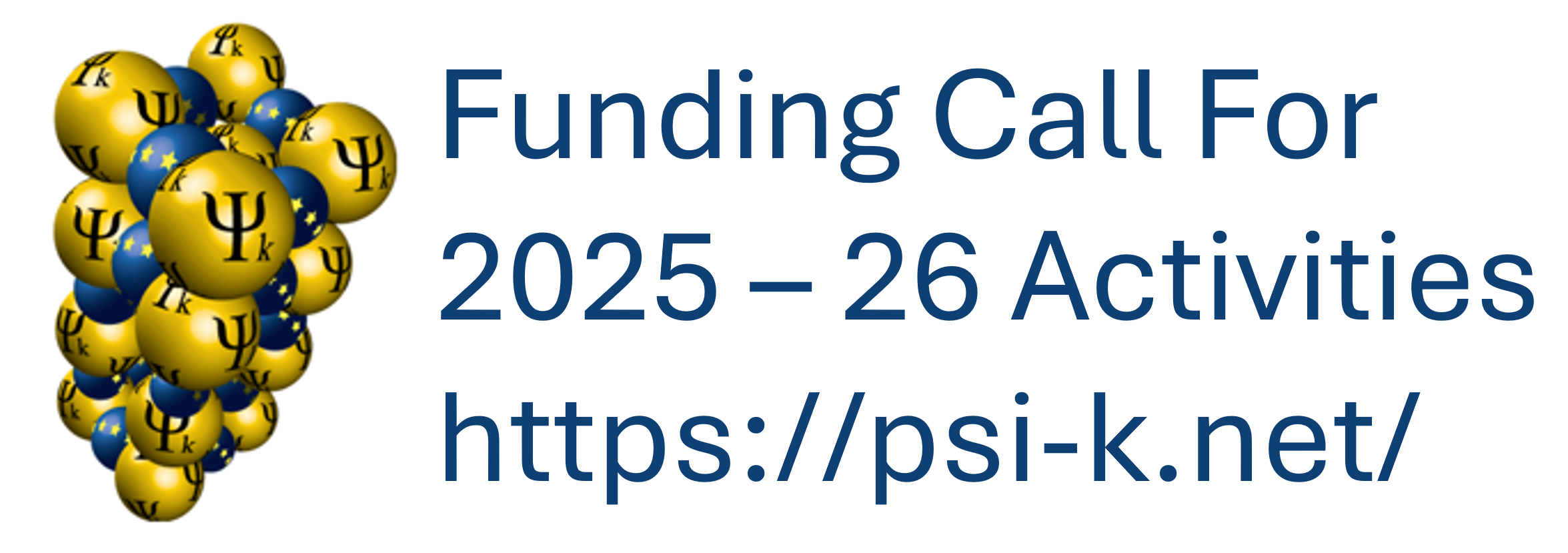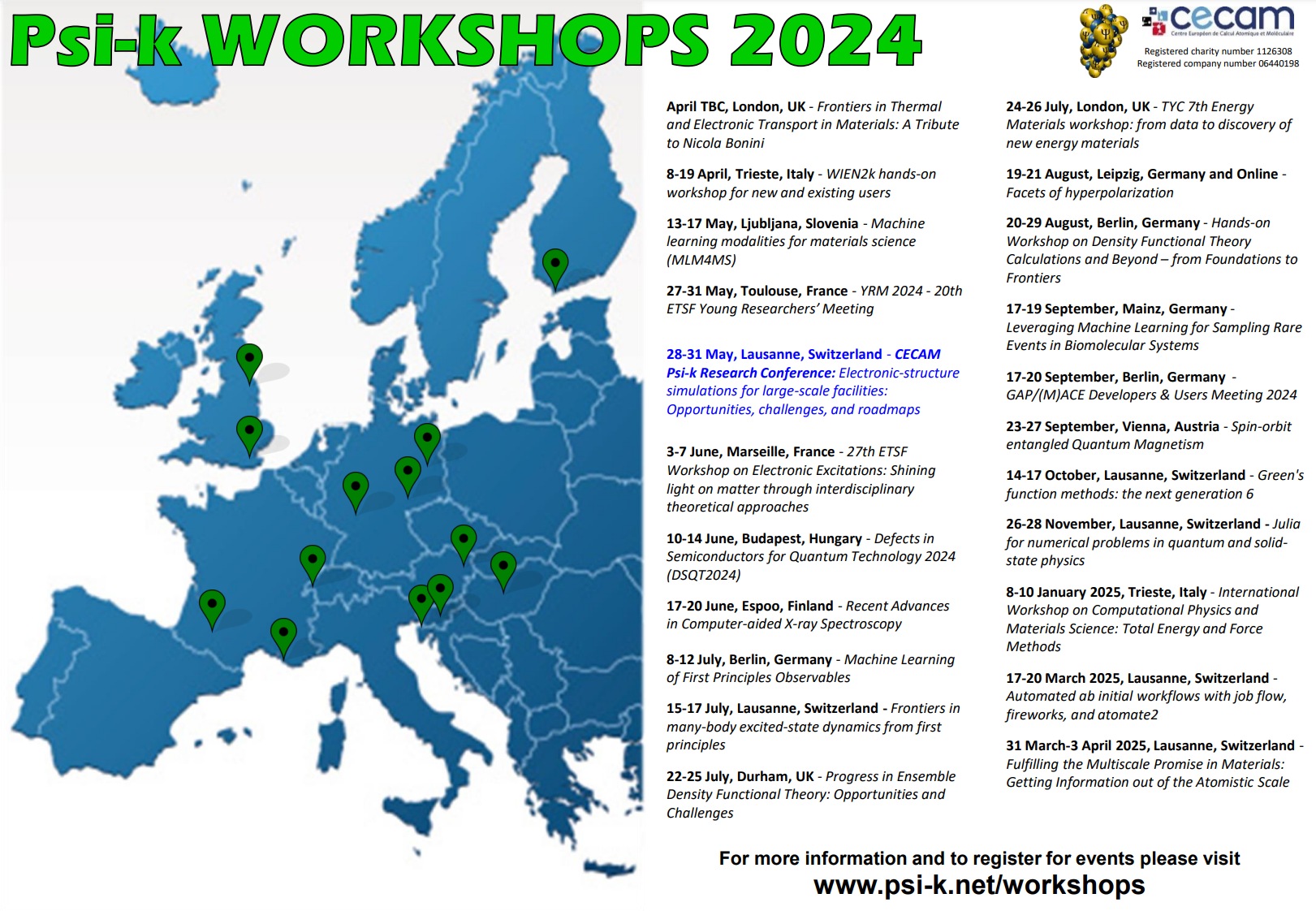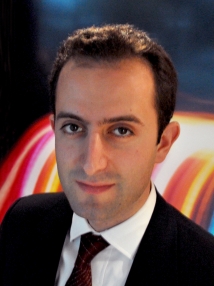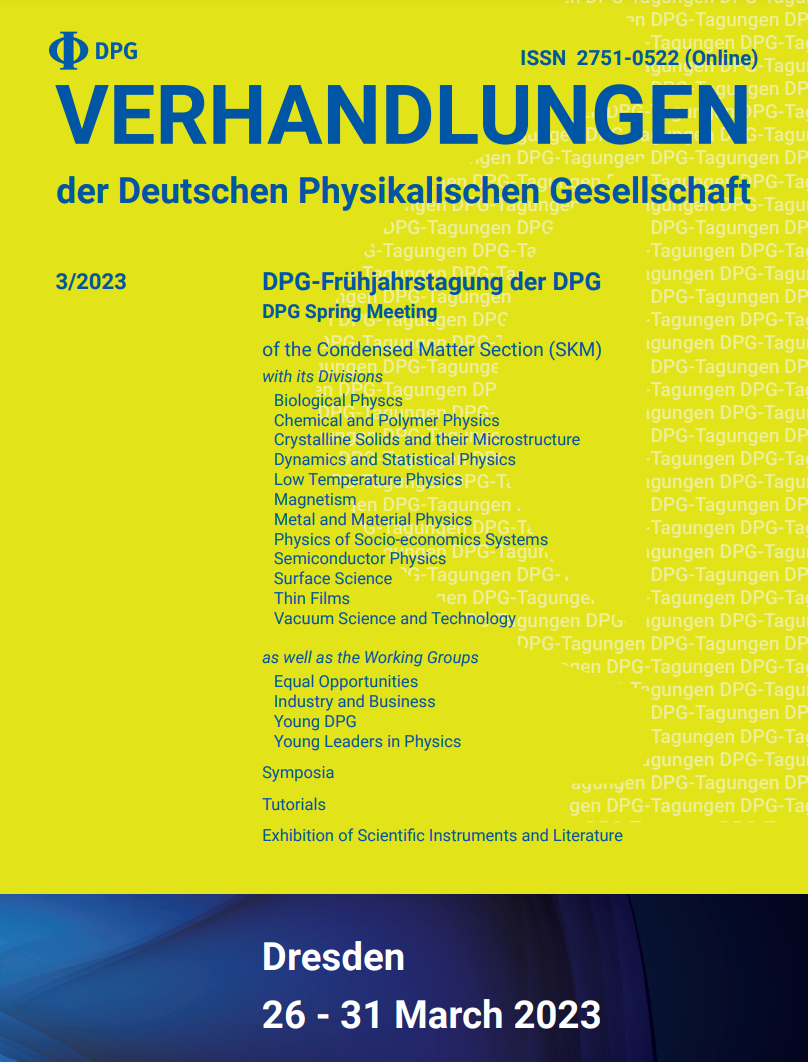To all in the Psi-k Community,
I’m writing with an important update regarding the Psi-k mailing list. As many of you will have noticed, posts to the mailing list have been suspended for the past few months. This was because a surge in demand created an unsustainable backlog of posts, so new posts were suspended to allow the backlog to clear.
Whilst this has addressed the symptom, the underlying issue is that the mailing list has grown beyond the capacity of the platform around which it was built (it now has around 10,000 members, and around 1M emails sent per month).
At the most recent meeting of the Board of Trustees, the consensus was to not reopen the existing mailing list, but to move to a new platform as quickly as possible.
The new platform is Jiscmail. This is the UK’s national academic mailing list service. The mailing list address is[email protected]. I would like to thank members of the Psi-k Working Groups and Scientific Advisory Committee for beta-testing the new system over the past couple of weeks. I would also like to thank Mike Towler for all his work and dedication in setting up and maintaining the existing mailing list over many years.
Some features of the new mailing list include:
1. Only members may post to the list, but membership is open to anyone by clicking “subscribe” at the mailing list’s webpage https://www.jiscmail.ac.uk/cgi-bin/webadmin?A0=psik-forum
2. To limit fake subscriptions, when you request membership of the list, you will receive a confirmation email that needs to be responded to before subscription is activated.
3. To limit inadvertent emails, when you post a message, you will receive an email asking you to confirm that you wish to send the message.
4. Messages are held until a moderator (one of the Trustees) releases it, so there will be a short delay between sending your message and it being disseminated to the list.
5. No attachments are permitted and messages with attachments will be automatically rejected. Instead, please host your attachment on an external server/platform and provide the link in your post.
6. Messages are archived publicly on the mailing list’s webpage.
7. There is a code of conduct that members must adhere to, which is available to view upon subscription.
The old mailing list will remain suspended for general posts from the community, but will continue to be used for important Psi-k announcements during a transition period, which will be until the Psi-k Conference at the end of August 2025.
In summary, if you wish to post and/or remain informed of announcements from the Psi-k community (job adverts, events, etc), then please join the new mailing list now via the link above!
Best wishes,
Arash Mostofi
Psi-k Chair
https://psi-k.net/general-announcements/chairs-announcement-new-psi-k-mailing-list







